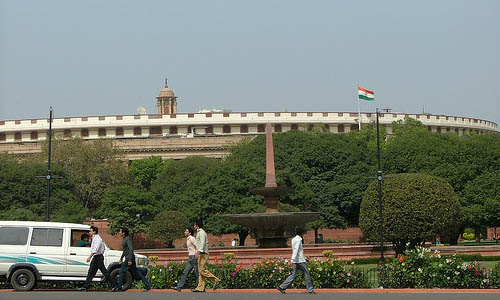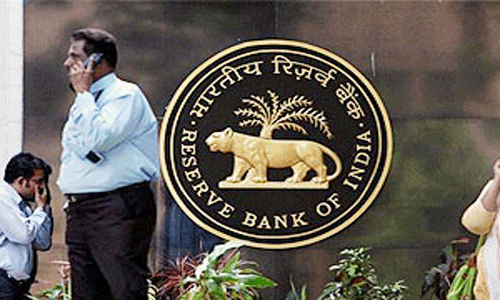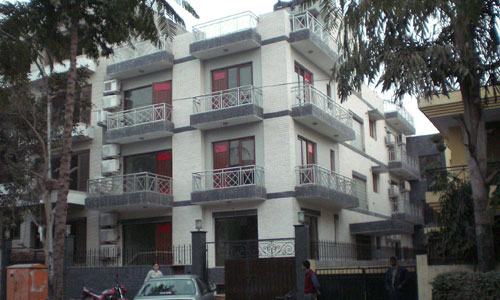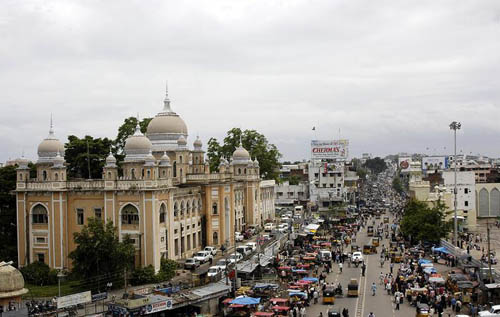
The Revenue department on Thursday, Sep 6, said it will soon come out with accounting standards for the real estate sector to bring about uniformity in reporting of financial results.

The Revenue department on Thursday, Sep 6, said it will soon come out with accounting standards for the real estate sector to bring about uniformity in reporting of financial results.

The Real Estate Regulation and Development Bill, 2012, has been sent to the Ministry of Law and Justice for vetting, after which it will be moved to Cabinet.

The Karnataka Government is contemplating to introduce a single window clearance system for the construction of houses and complexes in the state, taking into consideration the demand raised by the Confederation of Real Estate Developers’ Association of India (CREDAI).

DLF’s Chairman K P Singh has said that RBI’s monetary policy should not stunt the growth of real estate sector and uninterrupted access to affordable finance is vital for this business.

The purchase and sale of immovable properties in India by a Non Resident Indian (NRI) or by a Person of Indian Origin (PIO) is really a very simple and easy affair with not much hassles and problems.

The Union cabinet may introduce the final version of the much awaited Land Acquisition, Rehabilitation and Resettlement Bill in the monsoon session of Parliament. Earlier, the ministry had sought suggestions and recommendations from other ministries and government agencies on various provisions introduced in the Bill.

The RBI, on Tuesday, July 31, kept the repo rate or the rate at which banks borrow from RBI unchanged at 8% and also the reverse repo rate at which, the banks lend to RBI unchanged at 7%. However, it has lowered the statutory liquidity ratio (SLR) to 23% from 24% earlier. The realty sector, reeling under liquidity pressure and low demand due to high interest rate, has reacted sharply over this status quo.

We are all talking about reforms in the Indian real estate. However, while a structural reform is the need of the hour, it is equally important to understand that efforts to regulate the sector by almost all possible players in the ring are actually detrimental for the overall growth of the sector. This also raises the fundamental question as to reforms at what cost and for whose benefit.

In view of the ever increasing housing shortage in cities and towns, the Union Ministry for Housing & Poverty Alleviation has decided to set up a high-level committee to recommend policy interventions to facilitate creation of rental housing stocks to cater to those who cannot afford to buy houses. The decision comes after several rounds of representation by the industry bodies, CREDAI & NAREDCO.

Hyderabad realtors are expecting the government to announce a revision in the mandatory quota for low income groups and the poor pegged at 20 per cent for big plots now that the by-polls are over.